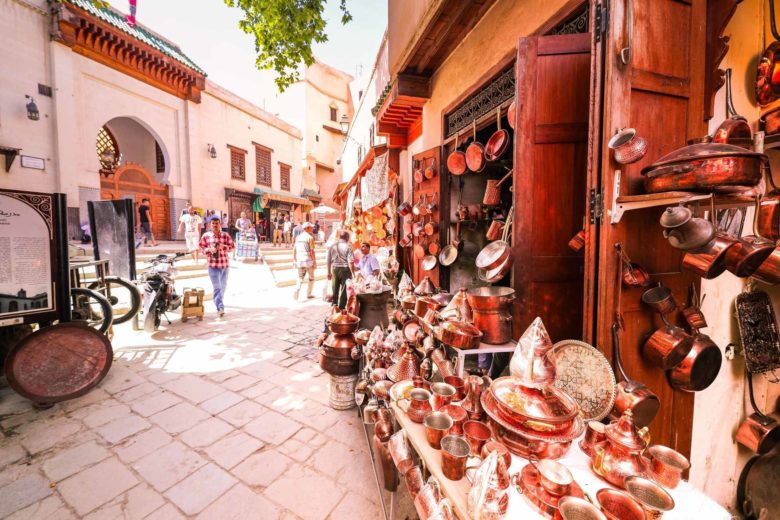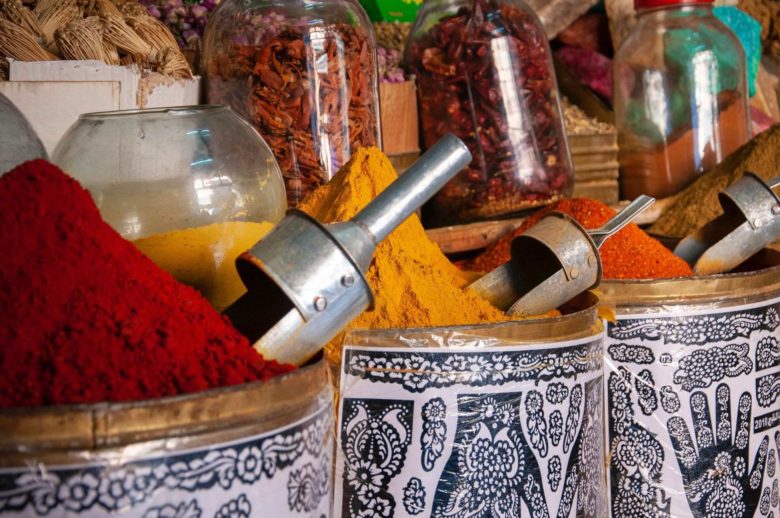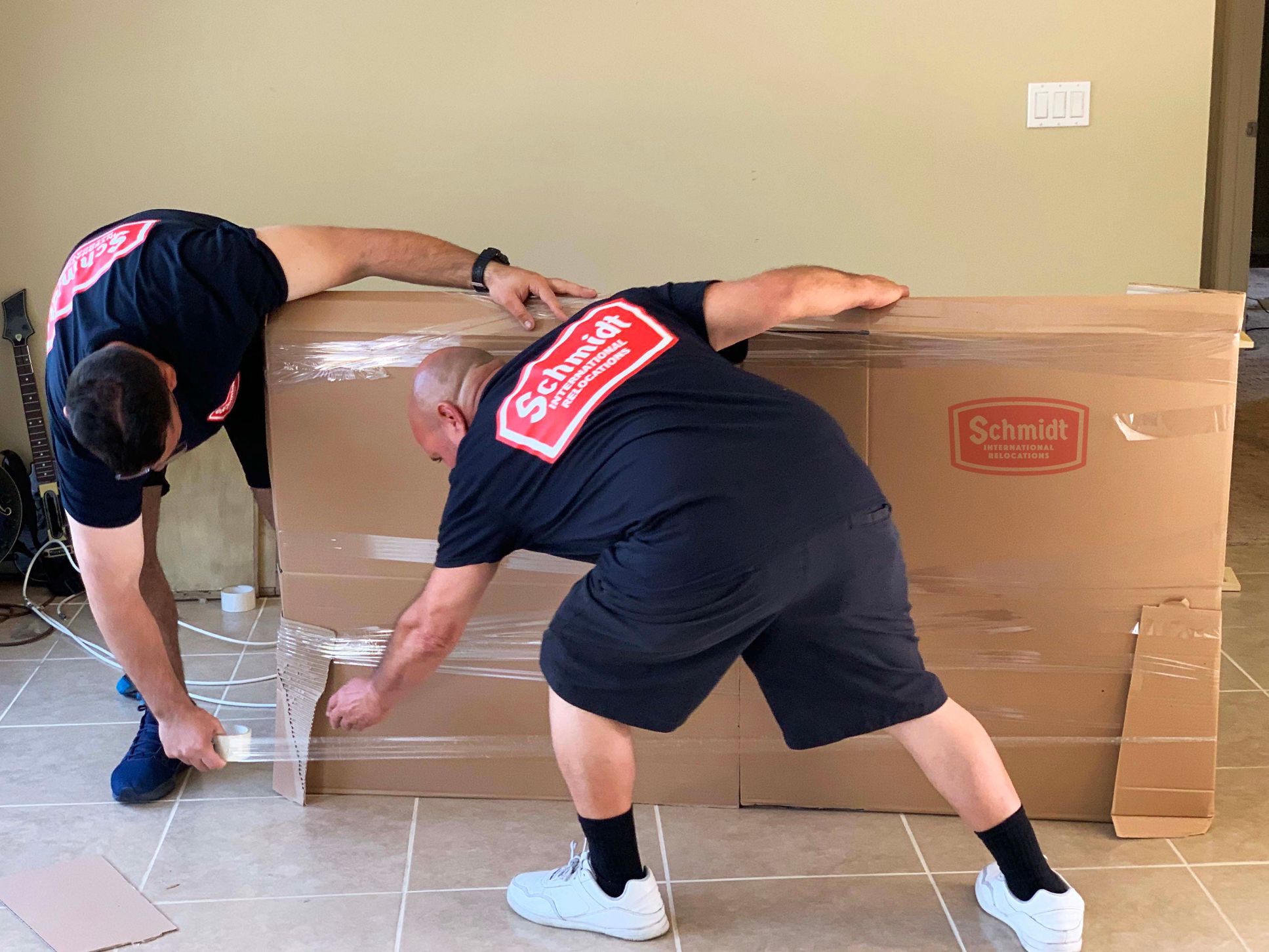

Moving overseas implies a lot of changes. From the home, job, and community to the complete lifestyle. Cultural adjustment to new environments is another thing to overcome, and the truth is – some customs and traditions can surprise you. Here is how to cope with culture shock and adjust to new environments more easily.
What Is Culture Shock – A Global Phenomenon Among Expats
No matter how well you have researched or know the destination, relocating across the world will definitely make you face many uncertainties, annoyances, and anxiety. Once you find yourself living overseas, in the place you’ve chosen to set up the next home, your whole experience will be significantly different. Don’t forget that tourist and living experiences of the destination are entirely different.
While sightseeing and enjoying only the perks of a location, idealization is inevitable. But when you move overseas and start experiencing all the difficulties ordinary people have, your opinion may completely change. Even if you choose the best European country to live in, whose traditions are more similar to the US, some customs can still shock you.
What Are the Symptoms of Culture Shock?
Being aware that you’re experiencing culture shock is the first step to dealing with it. The transition period is always the toughest part of every international move. The feeling of anxiety and inability to fulfill everyday tasks (like going to a grocery store or paying the bills) because you don’t know the language is something to expect. Everything that was new and exciting at the beginning can now become frustrating.
However, aside from frustration, some other, more severe symptoms may occur. Knowing that the cause is assimilation will definitely make the whole experience easier. Here are some signs that might imply you’re going through the tough adaptation process:
- Feeling of extreme homesickness while making endless comparisons to your homeland,
- Feeling helpless and dependent because of insufficient knowledge of the language,
- Feeling disorientated and isolated because you don’t have any friends or connections,
- Avoiding to go out or meet new people,
- Depression and sadness are another two negative emotions to deal with,
- Experiencing hyper-irritability,
- Going through sleeping or eating disorders – eating/sleeping too little or too much, dealing with adjustment insomnia,
- Excessive critical reactions to host traditions, falling for stereotypization,
- Feeling concerned about safety,
- Lack of focus and inability to complete tasks.
Assimilation Is a Multi-Stage Adjustment Process
If you’re going through such intensive relocation stress, you should know that this is a multi-phase adjustment process that could take months. Consulting a professional therapist to guide you through the whole experience is definitely a good decision in moments when the stress level breaks the limits. This way, you can master the coping mechanisms to deal with racing thoughts and irrational fears and strengthen your capacity to overcome all difficulties and live life to the fullest. So don’t hesitate to contact a therapist as soon as you feel unable to overcome those obstacles on your own.
The Stages Culture Shock – Understanding Each Stage Will Make the Process Easier
Regardless of your reason to move, whether you’re relocating to another country for love and have the support of your partner or relocating abroad alone, experiencing adaptation to a cultural background that essentially differs from your home traditions can be pretty challenging. There are four stages of culture shock every expat experiences:
- The honeymoon stage is a phase when everything seems perfect and relocation feels like the best decision ever;
- The frustration stage is marked by first obstacles like dense traffic, not being able to order food or do grocery shopping because of language limitations;
- The adjustment stage happens when expats are starting to meet friends and find themselves getting more familiar with food, cultures, customs;
- The acceptance stage is when an expat understands the surroundings and people better and becomes aware it’s not necessary to understand why something works a certain way.

How to Deal With Culture Shock?
Although you might feel lost and hopeless while trying to adjust to different conditions, keep in mind that you’ll need from three to six months to process the fact you’ve moved and accept all the consequences that go along with it. The entire cultural integration, on the other hand, may approximately take up to 20 years. Here is what you can do to make this transition a pleasant experience.
Be Open for New Friendships and Socialize With Locals
Whether you’re relocating to Bangkok or Germany, finding new acquaintances and establishing a community are essential steps of adjusting to different environments. Not only will you not feel that alone in the moments when nostalgia strikes, but you will also have an opportunity to find out more about the traditions from the locals. This way, you’ll be able to more easily understand many things that seem strange at first sight.
Also, those people can connect you with even more locals and help you find more friends. Although socializing can be pretty difficult in an environment where you don’t know anyone, or your language skills are still not at a satisfactory level, don’t give up! Don’t forget that English is, usually, widely spoken, so breaking the language barrier won’t be that difficult after all. Also, there are still various options to meet new people through your hobbies or job.
Even if you’re not in the friendliest country in the world, remember that the local community is usually pretty open and welcoming to foreigners. Locals always appreciate when someone tries to learn their language, understand their unique culture and identity, and accept their values. And they will be more than happy to show how to live in another country and become an integral part of their community.
Attend All Local Events and National Holidays
Another effective method to adjust to the local community more easily is to check out as many events and celebrations as possible. This is especially important for countries with a high sense of national identity.
If you recently moved to Russia, then attending the 9th May parade – which is a national holiday that celebrates the victory of the Red Army in the Second World War, is simply a must.
If your choice is to move to Argentina, then be prepared to attend many soccer games since this sport is a part of their national identity. Of course, tango dancing is another must. All in all, a lot of fun awaits in Argentina!
Enjoy the Delices of the Local Cuisine and Learn How to Make Traditional Dishes
The thing that can actually be pretty fun is tasting all the dishes of the local cuisine, as well as learning how to prepare them yourself! Learning how to combine different spices to introduce some untypical cooking techniques to your kitchen and mixing it up with the cuisine of your homeland is a great way to spice things up (no pun intended). Also, preparing dinner for your new friends can be another great excuse to socialize with them and show them a small piece of your traditions, too.

Be Patient and Accept Differences
Just because something is different from the cultural background you come from doesn’t mean it is worse. Differences are the main threads of the unique world we live in. Imagine how boring this planet would be if everything were the same? It doesn’t sound like an exciting and inviting place, does it?
Although some traditions and customs may be annoying at first glance, the more you learn about the specific cultural tendencies, the better you’ll understand them. For that reason, being patient and open to diverse points of view is of essence in the adjustment process. Whether it is related to religion, everyday lifestyle, cooking, or music, showing some understanding and appreciation of differences is the first step of becoming a part of the community.
Complete Infiltration Into the Society Means Learning About the Specific Culture in Depth
When preparing to move abroad and start a new chapter of life, it is of utmost importance to learn everything about the cultural tendencies, history, or arts that constitute the cultural and national identity. Research if there is a writer who has won a Nobel Prize in literature and read their books. Find out which artists have lived there and how their work influenced the art overall. Explore the most prominent historical events that took place here and impacted the contemporary world.
Once you relocate to your desired destination, visit the most important museums, galleries, temples, or archeological sites that will bring closer all the achievements of the nation’s cultural tendencies. If there is a native community like Aborigines in Australia or Berbers in Tunisia, make sure to get familiar with their heritage, too.
Don’t Skip Going to the Local Market Either!
A must-visit spot within any community is the local market, which is a real treasure of discovering the mentality of each nation. What produce do they sell? Do they like to bargain? What is the price you should accept? Among all those interesting customs, there is also a wide variety of high-quality locally produced foods, handmade items, and irreplaceable spices that make the whole atmosphere even more colorful and lively.

Start Learning the Language in Advance and Don’t Despair if You Don’t Master It Before the Relocation
Being able to communicate is of great importance. Although English is spoken widely all over the world, life in a specific country definitely requires knowledge of the language. Not only will this help you in everyday life, but it might also be a requirement to get citizenship. Of course, this is especially important for all students, since in some cases, all lectures are in the official language. Free language classes are additional advantage students might get, so the learning process is even faster for them.
However, in case the language is too difficult to master before the relocation, don’t panic! One of the best ways to learn the language in-depth is by communicating with locals. Just give yourself some time, and the language barrier will soon disappear! Take a look at the video below and find out the ultimate tips for mastering languages systematically and more quickly.

Moving Internationally Is Stressful Enough – Make It Easier by Hiring Professionals to Lend You a Helping Hand
Dealing with all the tasks related to moving abroad is nothing short of overwhelming. Since there will be enough things on your plate to worry about during and after the relocation, streamlining the process itself is definitely a wise decision.
Hiring a professional international moving company to handle international moving and offer you all the services you need is the most effective way of organizing the whole process seamlessly. It will no longer be necessary to worry about overseas vehicle shipping or how to move other expensive items because they will take care of every detail, providing you with enough time to prepare mentally and emotionally for the upcoming change. Contact your trustworthy movers, and the whole process will be child’s play!











